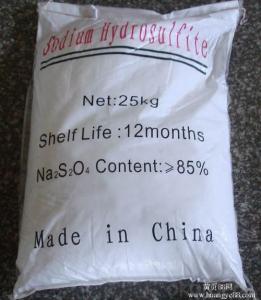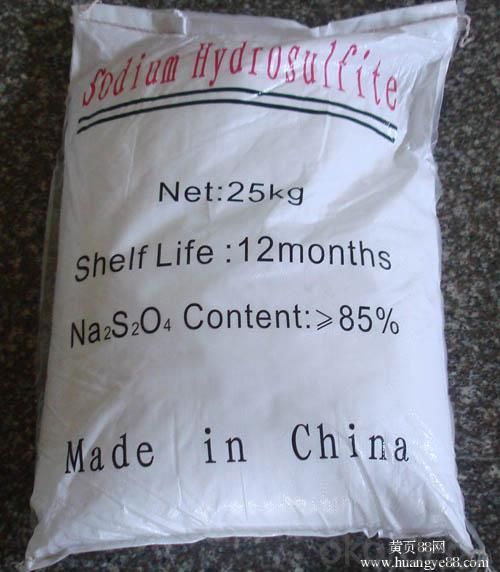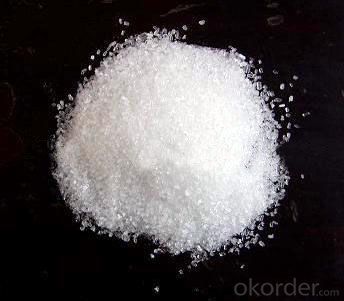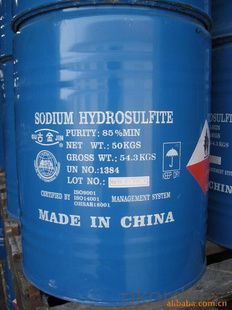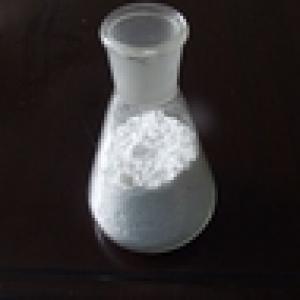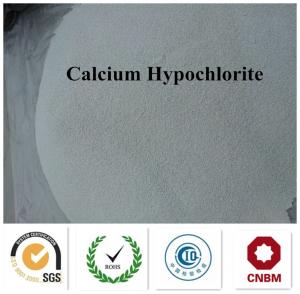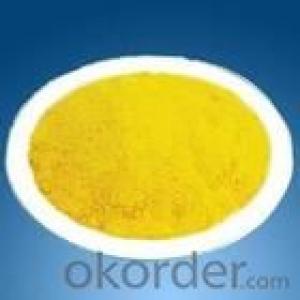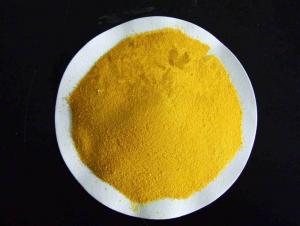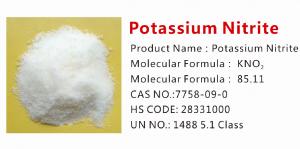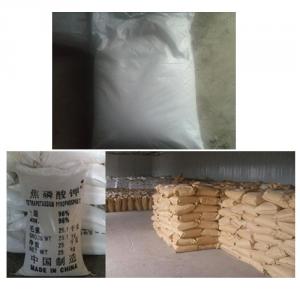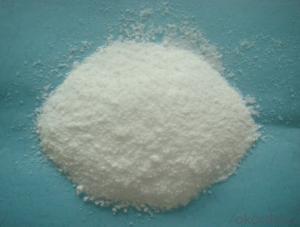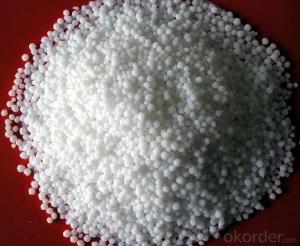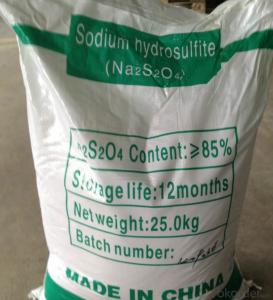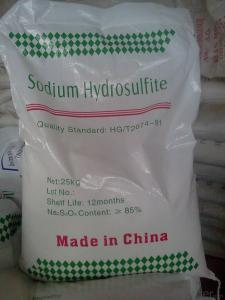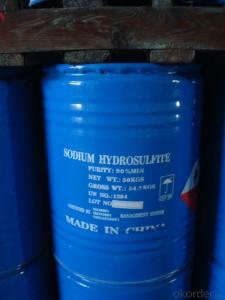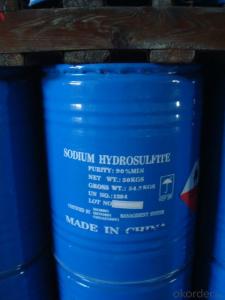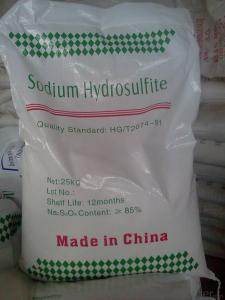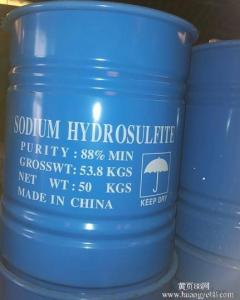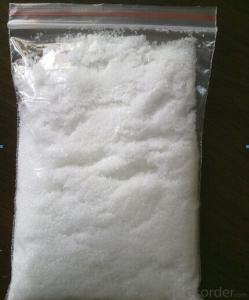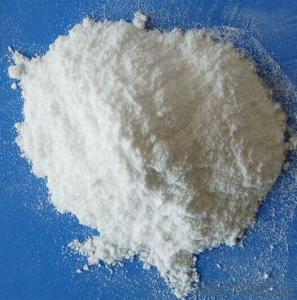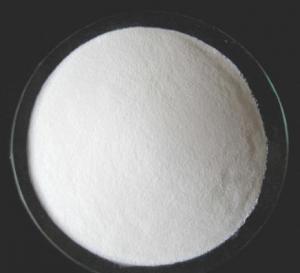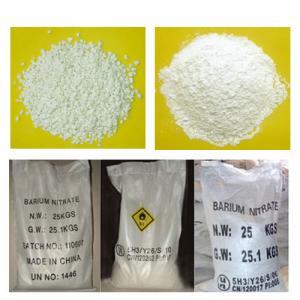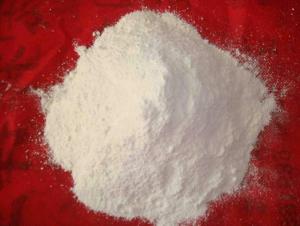Sodium Hydrosulphite with High Quality and Best Offer
- Loading Port:
- Qingdao
- Payment Terms:
- TT or LC
- Min Order Qty:
- 22 m.t.
- Supply Capability:
- 3000 m.t./month
OKorder Service Pledge
OKorder Financial Service
You Might Also Like
1.Structure of Sodium Hydrosulfite Description:
Commodity name: Sodium Hydrosulfite Na2S2O4 Sodium Hydrosulfite Sodium Dithionite Price
Molecular formula:Na2S2O4
Molecular weight:174
CAS Number 7775-14-6
H.S code 28311010
UN number 1384
Class 4.2
2.Main Features of Sodium Hydrosulfite:
1,Widely used in printing and dyeing industry,such as cotton fabrics dyeing auxiliary, silk fabric bleaching.
3.Sodium Hydrosulfite Images



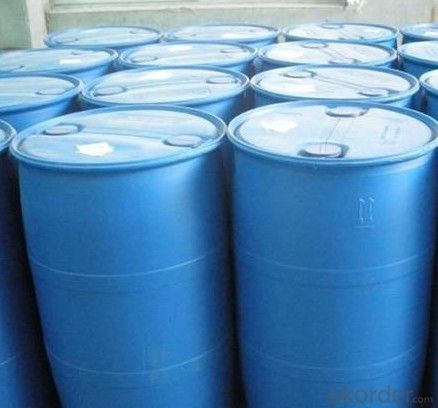
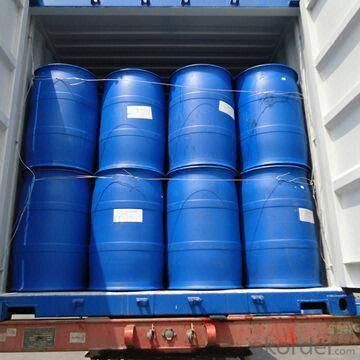
4.Sodium Hydrosulfite Specification
Standard:HG2932-1999
Index | Technical Grade HG/T 2074-2011 | Food Additive GB 22215-2008 | ||
Na2S2O4, | ≥ 90% | ≥ 88% | ≥ 85% | ≥ 88% |
Iron (Fe), | ≤20ppm | ≤ 20ppm | ≤ 20ppm | ≤ 20ppm |
Zinc (Zn), | ≤ 1ppm | ≤ 1ppm | ≤ 1ppm | ≤ 1ppm |
solution appearance | clear | clear | clear | clear |
EDTA, | / | / | / | qualified |
Arsenic(As), | / | / | / | ≤ 1ppm |
Other heavy metal( As Pb), | ≤ 1ppm | ≤ 1ppm | ≤ 1ppm | ≤ 1ppm |
Formate (As HCHO), | / | / | / | ≤ 0.05% |
water insolubles, | ≤ 0.05% | ≤ 0.05% | ≤ 0.05% | / |
Cadmium (Cd) | / | / | / | ≤ 2ppm |
Plumbum (Pb) | / | / | / | ≤ 5ppm |
5.FAQ
1)Q:Are you a factory or trading company?
A:We are a factory.
2)Q:What is thepayment terms?
A: L/C ,T/T, D/P, W/U
3)Q:How can I get some samples?
A: Kindly send us your address, we are honored to offer you samples.
4)Q:How does your factory do regarding quality control?
A: Our factory can accept any third party inspection.
- Q: What is an inorganic salt?
- I think inorganic salts mean salts that do not contain organic ionic groups
- Q: Organic chemistry extraction lab. If the KBr wasn't there I would just add HCl to protonate the NH2, but I'm not sure if that will affect the KBr or the carbon chain. Both of these are in an aqueous phase.
- The amine will certainly coordinate to K+, but the interaction is not very strong and hydrogen bonding from water will compete efficiently. Also, if your amine is soluble in water, you are not going to be able to isolate it by turning it into the corresponding ammonium salt.
- Q: Why inorganic salt waterproof coating does not apply to roof waterproofing
- Inorganic salts are generally in the form of waterproof agent, generally mixed with cement quality of 3-5 percent, Jiangxi Nanchang rhyme waterproof material factory
- Q: Seaweed, kelp, shrimp and other seafood, the content is more of the kind of inorganic salts
- Inorganic salts in the human body is very small, but the role is very large, if the lack of suffering from the corresponding diseases, such as iodine deficiency susceptible to big neck disease, kelp, seaweed and shrimp and other seafood iodine is rich; More calcium; spinach rich in iron; nuts, liver and other zinc more.
- Q: I tried sodium and potassium carbonate and had little luck. Anyone know where to find the solubility data of inorganic salt in DMF?Thanks.
- Sodium and potassium carbonate WILL dissolve in DMF. The best way to dissolve them is to... a) dry the solid inorganic salt in an oven (> 100 degrees C) overnight. b) pulverize the powder and grind several minutes with mortal and pestle. c) sonicate the mixture for several minutes...
- Q: Eat what food can add inorganic salt
- Most of the food contains inorganic salts, the so-called inorganic salts, also known as minerals or ash. Minerals are naturally occurring compounds or natural elements in the crust. There are about 50 kinds of minerals in the human body, although they in the human body only 4% of body weight, but it is an essential part of the organism. According to their content in the body how much can be divided into constant elements and trace elements two categories. The body is actually composed of various elements (macro and trace). Many of these mineral elements are essential components of the enzyme, which can regulate a variety of physiological functions (such as maintaining osmotic pressure, oxygen transport, muscle contraction, nervous system integrity), but also tissue and bone growth and maintenance necessary. Some (such as calcium, phosphorus, sodium, magnesium, sulfur, chloride) content is large, while others are only trace. Human essential trace elements are cobalt (such as vitamin B12), copper, fluorine, iodine, iron, zinc, chromium, selenium, manganese, molybdenum In terms of its impact on experimental animals, nickel, tin and arsenic should also be considered necessary. Most minerals (except zinc) are widely distributed in a variety of foods and can be fully supplemented by balanced and diversified diets. However, there is a need for additional supplements to patients who have been relying on intravenous nutrition for long periods of time, infants and older persons, or because of the lack of regionalities caused by soil and water quality.
- Q: The inorganic salt is composed of?
- Inorganic salts are the general term for various inorganic salts. They are composed of inorganic acid radicals and metal cations or ammonium salts, mainly salts of organic acid salts, such as sodium chloride, potassium chloride and so on.
- Q: Why are inorganic sodium salts much better soluble in ethanol than potassium salts?
- Potassium's lone electron is much more easily transferred to produce a potassium ion than is sodium's because of its electronic structure so that any potassium salt is more ionic in nature than is its analogous sodium counterpart. Since ethanol is not very acidic (polar) it solublizes less polar materials preferentially over more polar ones. Therefore, sodium salts will, generally, be more soluble in ethanol than will be potassium analogs.
- Q: A. food gathering and digestion B. photosynthesis and diatom structures C. reproduction and osmosis D. wave and current motions
- its not a so try b or c those 2 are the most likely to be the right answers
- Q: The difference between the ignition of inorganic salts and organic matter
- Will the ignition of inorganic matter and the ignition of organic matter, thank you
Send your message to us
Sodium Hydrosulphite with High Quality and Best Offer
- Loading Port:
- Qingdao
- Payment Terms:
- TT or LC
- Min Order Qty:
- 22 m.t.
- Supply Capability:
- 3000 m.t./month
OKorder Service Pledge
OKorder Financial Service
Similar products
Hot products
Hot Searches
